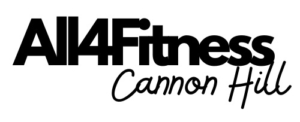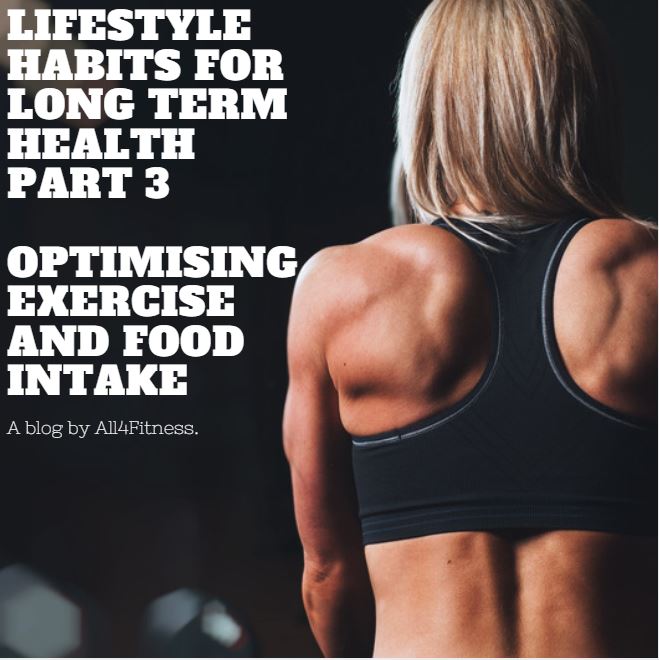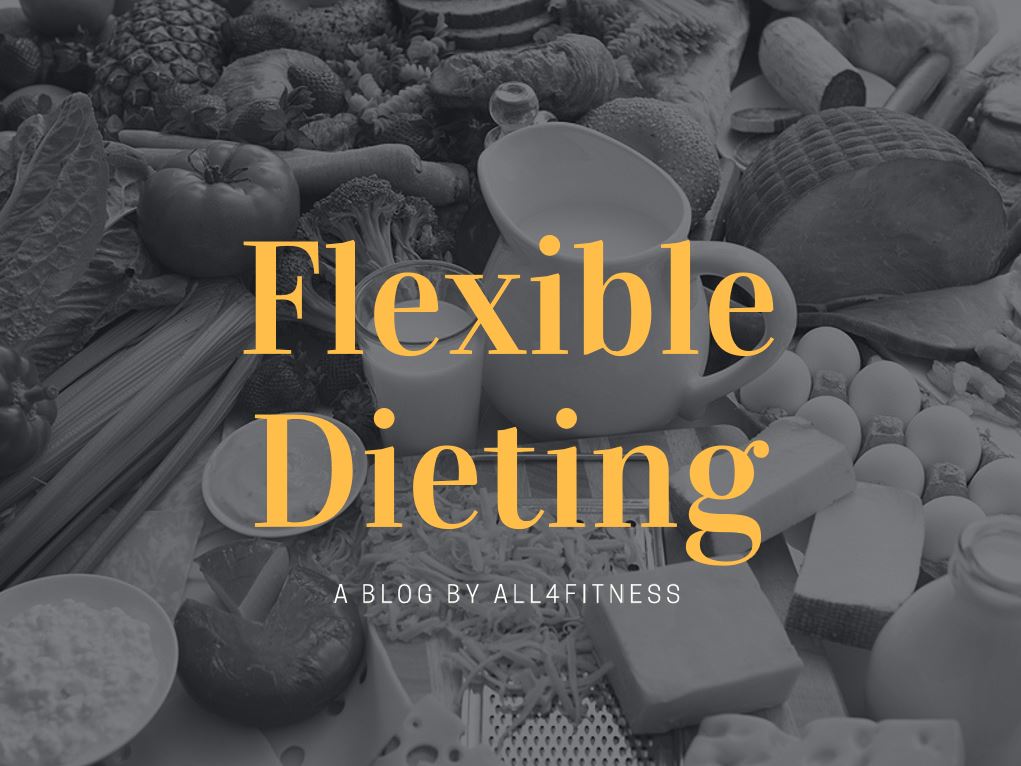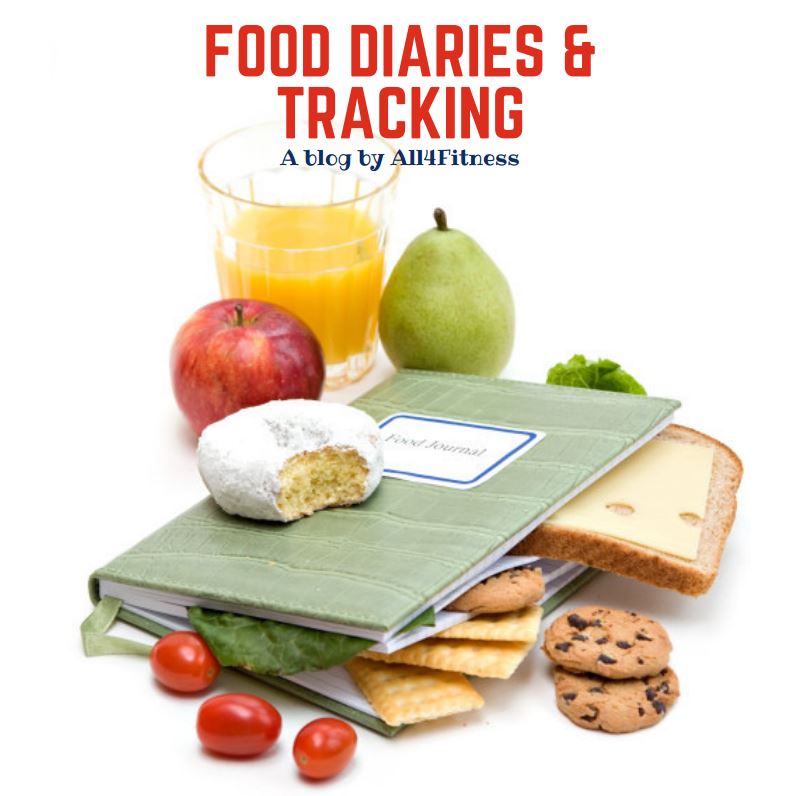Optimize your exercise and food intake.
We all know that diet and exercise are important for overall health. There is always arguments about what kind of foods to eat and when to eat them, but for the most part, you probably have an idea of what kind of foods are good for your body and what kind aren’t. Recovery should be looked at from a nutrition point of view. How well you feed your body determines how well you can recover from exercise. Simple things like eating enough protein, drinking enough water and eating plenty of green vegetables can go a long way in keeping your body happy and healthy. Even simple practices like taking the time to sit down to eat and chew your food thoroughly are helpful. Getting your body in a parasympathetic state before eating helps to improve digestion, and of course, thoroughly chewing your food does the same. These changes might seem to make a small difference, but the increased efficiency adds up over the 1000+ meals you have in a year. When it comes to exercise, everyone has their own thoughts on what type of training is optimal, but one thing that we can agree on is that moving your body in one way or another is the objective. We won’t go into what exercises you need to do in order to promote health, but rather the practices that surround them.
Believe it or not, when it comes to getting stronger and faster the most important component is recovery. If you can’t recover from the training stimulus, then you will not get better, or even worse, you’ll get injured. Your lifestyle, responsibility, and workload all change so therefor your capacity for recovery changes as well. Have a look at your training and lifestyle objectively to determine how much and how hard you should be training.
If it fits within your budget, hire a professional who can help you with this. A great way to start is with our 3 x 30min PT special for $49!
As far as ‘dieting’ goes, it seems like the list of diets are quite endless. From Atkins to Caveman, Keto to Straw, there are so many to choose from. The common trend we see in most of these are that the ‘diet’ puts you in a calorie deficit. (you eat less than you burn- which causes weight loss) We’re not saying any are particularly good or bad but there is another ‘dieting’ method most of our Trainers apply here at All4Fitness; Flexible Dieting.
Flexible Dieting or IIFYM (if it fits your macros) simply means consuming a diet that meets your macronutrients and caloric needs. To break it down and start from the beginning, macronutrients are the three main food groups – proteins, carbohydrates and fats. Each macronutrient has its own role to play, and is needed in different quantities depending on your goals, metabolism, training history, and many other factors. For more information, enjoy reading our previous blog “Basics on Macronutrients“.
The idea of IIFYM is simple – you eat whatever foods you like that fill your allotment of proteins, carbs and fats. The flexible part means that you can eat chicken, rice and vegetables one day for lunch and salmon, beans and potato the next as long as you track each meal. But we all have cravings, so one day you might accidentally eat a packet of salt and vinegar crisps. In flexible dieting you would log this item and it would come off your total allotment for the day just like any other food. You may not be able to have as much rice with your lunch or peanut butter later on that you had planned but its all good if you don’t exceed your macronutrient targets at the end of the day.
‘So I can eat whatever I like and get in shape?’
On the face it may seem that way, but actually it’s far from it.
The idea is that your diet is far, far more flexible from those you might have seen advertised in magazines. You needn’t worry about sticking to only “clean foods”, eating every two hours, or forcing egg whites and spinach down your throat just because your diet plan says so. We still recommend eating 80%+ whole nutritious foods but you have flexible room for “other” foods and you wont have to cheat on your diet plan and be left feeling guilty.
You still eat good, wholesome, nutrient-dense foods, but you have a lot more leeway in the process. Don’t have an appetite in the morning? Don’t worry, just compensate by eating bigger meals the rest of the day. Going out to your favorite restaurant? That’s fine – you’ll probably use up a large chunk of your day’s carb and fat allowance if that means burgers, but you can compensate by eating chicken, lean beef, protein shakes and non-starchy vegetables for the rest of the day. You might not want to do this every day of the week, but once in a while is no big deal.
Priority is daily intake. From here, its just tracking what you’ve consumed throughout the day. There are a lot of protocols that can be applied to Flexible Dieting or IIFYM depending on your current health and fitness goals. All4Fitness trainers Michael & Argee are currently applying this method to their 2017 Bodybuilding Contest Prep and coach others on how to apply this method to their lifestyle, for more information feel free to contact them on [email protected] and [email protected].
HOW CAN YOU RECOVER FROM HOLIDAY WEIGHT GAIN?
If you have gone on a holiday recently, you may realise that it isn’t necessarily hard to eat clean. Then again, you’re on holiday’s, so that means your diet and fitness are on holiday’s too! It can be very easy to go on a binge fest where you eat and drink everything in sight. What isn’t easy is recovering from that holiday binge and losing the extra baggage!
Thoughts that go through your head early in your holiday:
▪ I’m on holiday’s, I need to let myself relax… Even with my diet.
▪ Damn that Cheesecake sure looks good!
▪ Burgers? Yes! Don’t forget the fries!
▪ Beer, wine, cocktails? Yes! Line them up!
Thoughts that go through your head towards the end of your vacation:
▪ Holy crap, why did I eat all of that?
▪ Good lord that’s a big Margarita!
▪ Did I just completely ruin my diet?
▪ How long will I need to exercise when I get home to recover?
What to do?
Well, you could do the following:
▪ Beat yourself up because you are so mad at yourself… (That’s just not nice)
▪ Get liposuction… (That’s expensive)
▪ Go on a “blow out your b-hole”, Hollywood cleanse diet… (That’s just painful)
SO WHAT’S A GOOD RECOVERY PLAN?
▪ Accept the fact that you’ve gained weight and move on. Sitting around feeling sorry for yourself doesn’t do anything.
▪ Get back into eating right, avoiding all alcohol for a few weeks (your body needs to detox)
▪ Get back into doing regular exercise and go hard! Whether it’s training outdoors, hitting the gym, seeing your PT or doing a class, just as long you get that heart pumping!
▪ Cut out all processed foods and takeaway!
THERE YOU HAVE IT!
Holiday weight gain happens… And we believe in enjoying your holiday and relaxing, but you can also minimize the impact and easily recover from the weight gain. If you need some tips on how to help maintain weight overseas read our previous blog: https://all4fitness.com.au/our-tips-to-maintain-weight-whilst-on-holiday/ If you need help getting back on track from your holiday, please contact one of the trainers at All 4 Fitness and we will point you in the right direction for training & dietary advice!
Food Diaries & Tracking
Nutrition plays a significant part of health and fitness whether your goals are fat loss, weight gain or performance. Which means it would be a great idea to educate yourself (or receive education) on all the different food groups. So now I know my basic food groups, how do I incorporate that into my goals?
Depending on the goals you choose to accomplish, you’re going to need to adjust your nutrition accordingly. One of the early steps in doing so would be starting a food diary/record and tracking your changes and progress. Keeping a food diary has many benefits, from encouraging weight loss to improving nutrition to pinpointing food intolerances. A food diary can also help you recognise emotional issues dooming your fat loss efforts.
A food diary will allow you to spot at a glance any shortchanged food groups that could be potentially depriving you of important nutrients. For example, if your entire day’s food record includes only one fruit and vegetable, you’ll see that you’re far from reaching the recommended nine servings of fruits and vegetables a day. You may also notice that you’re eating more processed foods and fast foods than healthy, nutrient-dense foods. Keeping a food journal can help you plan balanced meals comprised of all the food groups, thereby improving your nutritional status. It can also be satisfying to look back through your diary and see that you’re eating better now than days or weeks earlier.
The most effective food diary is a detailed food diary. The American Cancer Society advises recording everything you eat and drink and including the portion size, number of servings and calories – estimated, if necessary. Also note the time of day, where you were and if you were alone or eating with others. Certain people, such as friends, family and co-workers, may be causing you to overeat, Reardon suggests. It’s a good idea to note your emotional state, too. You could be eating out of boredom or to cope with stress rather than because you’re hungry.
I don’t promote being to obsessive about food but It’s never a bad idea to know what and when your eating.
About Us
All4Fitness is a privately owned gym in Cannon Hill. We offer Personal Training, 24/7 Gym Access, Infrared Sauna sessions and have an extensive timetable of group classes to suit a variety of individuals.
We focus on the surrounding suburbs such as Hawthorne, Morningside, Carina, Camp Hill, Murarrie, Balmoral, Bulimba, Seven Hills & Carindale. Join the team today!
All4Fitness
943 Wynnum Rd, Cannon Hill 4170
Queensland, Australia
Phone: 0413 151 207
Email: [email protected]
Opening Hours
Open 24 hours, 7 days per week
Staffed Hours
Monday: AM by appointment & 1.30pm-7pm
Tuesday: AM by appointment & 1.30pm-7pm
Wednesday: AM by appointment 1.30pm-7pm
Thursday: AM by appointment & 1.30pm-7pm
Friday – Sunday: By appointment only




